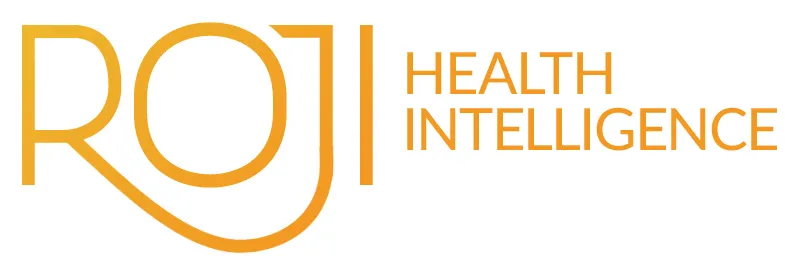In a mere 2,165 pages, CMS has solidified the provisions of the 2021 Physician Fee Schedule and Quality Payment Program (QPP) Final Rule. The Final Rule strongly resembles the Proposed Rule, and the implications, particularly for ACOs, are staggering. Medicare Shared Savings Program Accountable Care Organizations (MSSP ACOs) and the Alternate Payment Model (APP) Pathway […]
A MIPS Rewrite is Certain: CMS Proposed Rule for the 2020 Quality Payment Program
The CMS Proposed Rule for the 2020 Physician Fee Schedule and changes to the Quality Payment Program picks up where the “Pathways to Success” ACO rule left off. This time, the “Pathways” shake-up is aimed squarely at MIPS, in the form of “MIPS Value Pathways.” We’ve described the growing frustration with MIPS, specifically MedPAC’s report […]
The Proposed 2019 Quality Payment Program (QPP) Rule: What You May Have Missed
Whoever said bureaucracy doesn’t foster change did not anticipate CMS’s Proposed Rule for the Quality Payment Program (QPP), 2019 performance year version, released on July 12. While the familiar overarching structure of MIPS remains, there are a number of revisions that activate newly developed policies. These include “Patients Over Paperwork” and “Meaningful Measures” efforts that […]
No More MIPS Cost Score Details? 5 Ways Providers Can Still Take Control of Costs
CMS is urging providers to participate in ACOs with downside risk, but they might be eliminating one of the keys that providers need to prepare. It couldn’t come at a worse time, when providers already stand to lose under risk-based models if they can’t identify where their cost issues lie. That data is only available […]
ACOs and Specialty Physicians: How Episodes of Care Create a Win-Win Cost and Quality Strategy
Specialty care is a thorny cost and political issue for ACOs and physicians alike. No ACO can provide good or comprehensive patient care without specialists. But if ACOs are to produce savings, they will almost certainly need to address how, when and at what cost those specialists will be used. The degree of concern about […]
Time Out! How Strategic Pauses Can Enhance Medical Decision-Making to Improve Outcomes
Health care providers are under increasing pressure to improve outcomes for patients with chronic conditions. There is pressure to meet quality measures, to establish programs that improve outcomes, to decrease costs for these conditions (utilization as an outcome)—or a combination of goals. At issue: what works, what is affordable, what is acceptable to patients and […]
Is Shared Decision-Making the Path to Improved Provider Performance?
As an escalating percentage of Americans (including children) are diagnosed with diabetes and hypertension, the health care system is straining to control costs and demonstrate good clinical outcomes. No surprise that providers blame patients for lack of compliance with therapies or lifestyle changes that will improve their health status. Hence the uptick—some say warranted—in incentives […]
Convention Lesson: MIPS Improvement Activities Are Woefully Misunderstood
With only a month left of 2017, practices should be wrapping up their Improvement Activities. MIPS requires at least 90 consecutive days of participation in order for a group or clinician to attest that an Improvement Activity is complete—meaning that the last day to start was October 2. The Improvement Activity portion of MIPS is […]
Choose the Right Strategies and Technology to Improve Cost Performance in Health Care
Fee for Service (FFS) reimbursement is going the way of the dinosaurs, but many providers are ignoring the signals. Here are two clear indicators: Medicare’s adoption of episodic cost models and the planned movement to financial risk models for both Medicare and Medicaid. Indeed, most Medicaid plans have now transitioned the majority of beneficiaries into […]
Providers Should Believe in Health Care Cost Control Now—If They Want to Stay in Business
Despite MACRA and other Value-Based Health Care efforts, many health care providers believe that controlling health care costs is impossible to do. They cite lack of comprehensive data about their patients and where they obtain services, and lack of control of patients’ decisions. But the real issue that providers have with cost control is much […]










